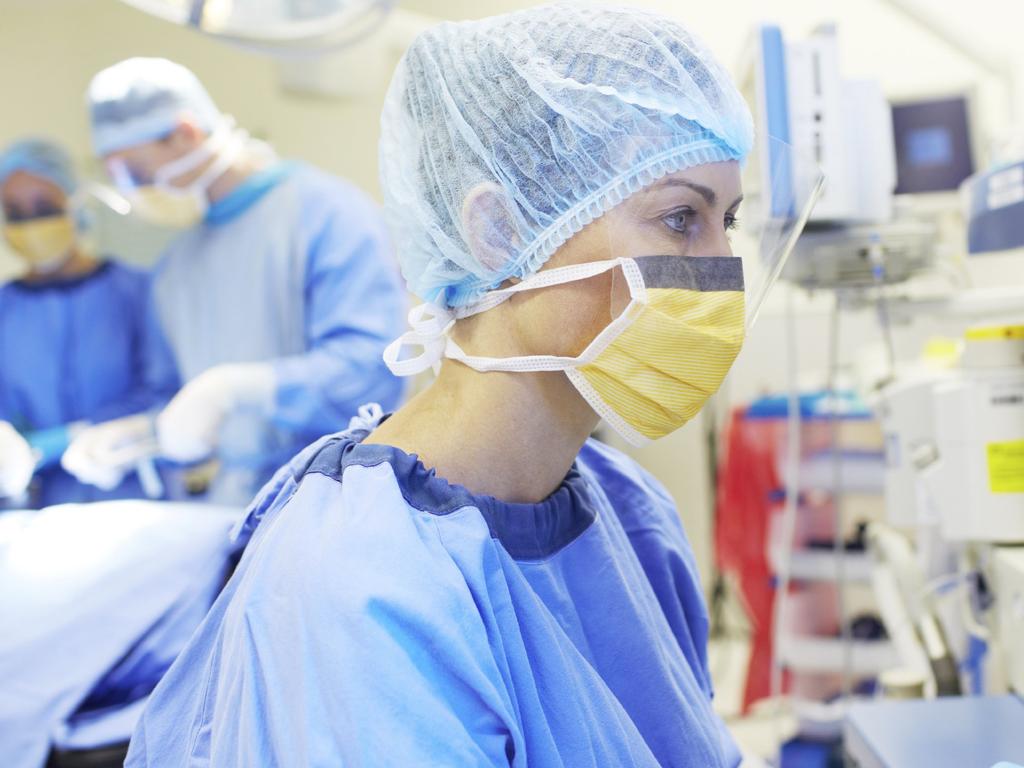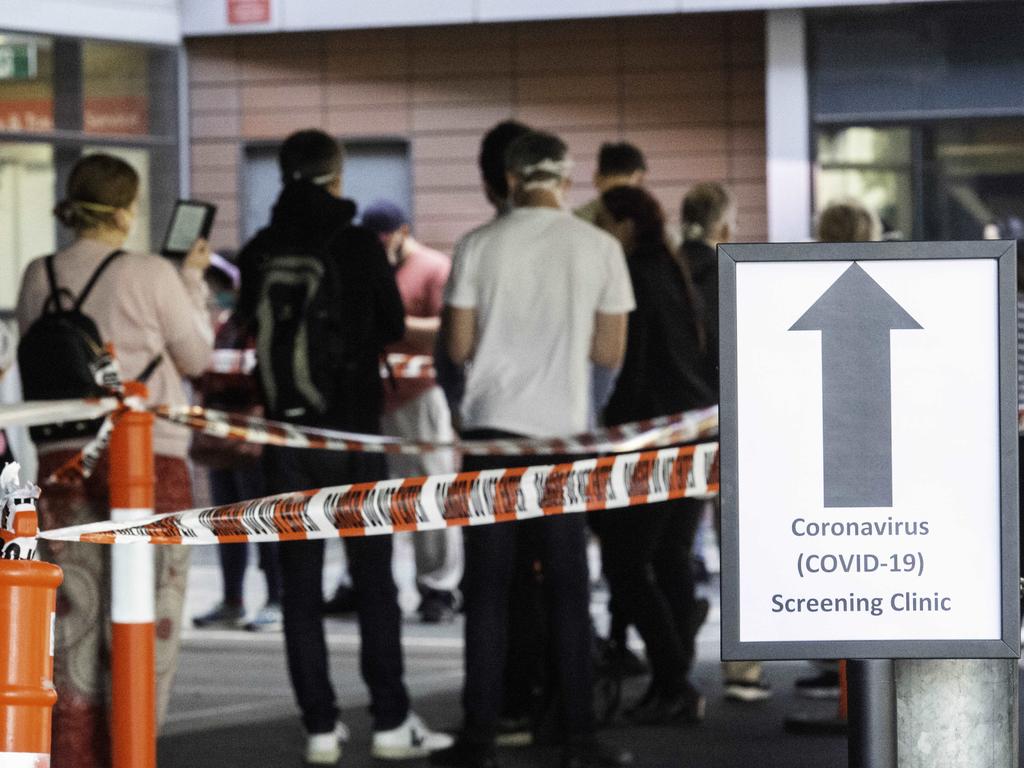‘Like drowning in air: lung damage from serious coronavirus cases may take years to heal
Lung damage from serious cases of coronavirus could take years to heal, intensive care specialists say.

Thousands of coronavirus victims who survive serious illness will suffer damage to their lungs, heart and other organs, needing up to 15 years for recovery, say intensive care specialists.
The damage done by the virus directly, plus the intensive medical procedures needed to save desperately ill patients, will leave people with lung scarring, nerve damage and psychological trauma, according to warnings from the Faculty of Intensive Care Medicine (FICM), the professional body responsible for training intensive care doctors in the UK.
Its analysis of coronavirus cases in China and elsewhere shows that about 17 per cent of people admitted to intensive care develop a condition called acute respiratory distress syndrome (Ards) - one of the most lethal conditions in medicine, with a mortality rate of about 40 per cent.
“The impact of coronavirus on intensive care will fundamentally change the way nursing, medical and other staff groups work during the pandemic, and the intensity with which they will work,” said Dr Daniele Bryden, vice-dean of the FICM.
In Ards the virus triggers a powerful inflammatory response across the lungs which causes fluids to leak from blood vessels into spaces that should be filled with air - making breathing impossible without medical assistance.
Intensive care doctors are familiar with Ards because it can happen in infections such as flu and pneumonia, as well as chest injuries. It accounts for about 10 per cent of intensive care admissions, but coronavirus means the number will surge, creating a critical shortage of intensive care beds.

The UK has about 4,000 such beds - far fewer per head than most EU countries - and about 80 per cent are in use for people with other conditions.
“Ards kills 30-40 per cent of patients,” said Michael Matthay, professor of medicine at the University of California, San Francisco, a world expert on the disease. “There is no specific treatment except to sedate patients and put them on mechanical ventilators to let them recover . . . Survivors have significant exercise limitation and poor physical quality of life . . . related to marked muscle wasting and weakness.”
Eileen Rubin, who spent weeks in a drug-induced coma after acquiring Ards through a lung infection and who now runs the US Ards Foundation, said: “Ards is like drowning in air. But even if you recover, the damage lasts for years. Those of us who have had Ards are living in fear of what coronavirus might do to us and to others.”
The FICM said that some people could regain “apparently normal” lungs after six months, with minimal symptoms such as reduced ability to exercise, but added: “For some, however, it could take as long as 15 years for their lungs to recover.” It also warned of damage to other organs. “Like many other viral conditions, the effects of coronavirus are not just limited to the lungs. The heart can also be affected, ranging from inflammation (myocarditis) to heart failure.”
Nicki Credland, a researcher in critical care at Hull University, who chairs the British Association of Critical Care Nurses, said: “For people who are seriously ill with coronavirus the outlook is very serious.” She warned of “tough choices” to come, with doctors potentially having to select whom they should save - a process known as triage. She said: “If we see the kind of numbers we’ve seen in Italy, then we will have to select those who are most likely to survive, and the rest will be in ordinary beds and have to take their chances.”
The Sunday Times





